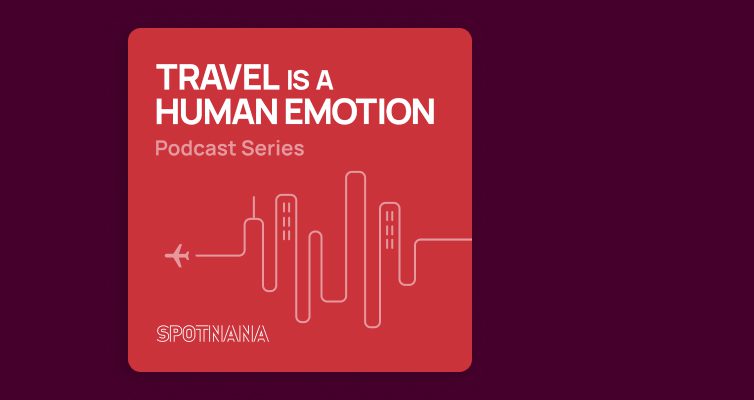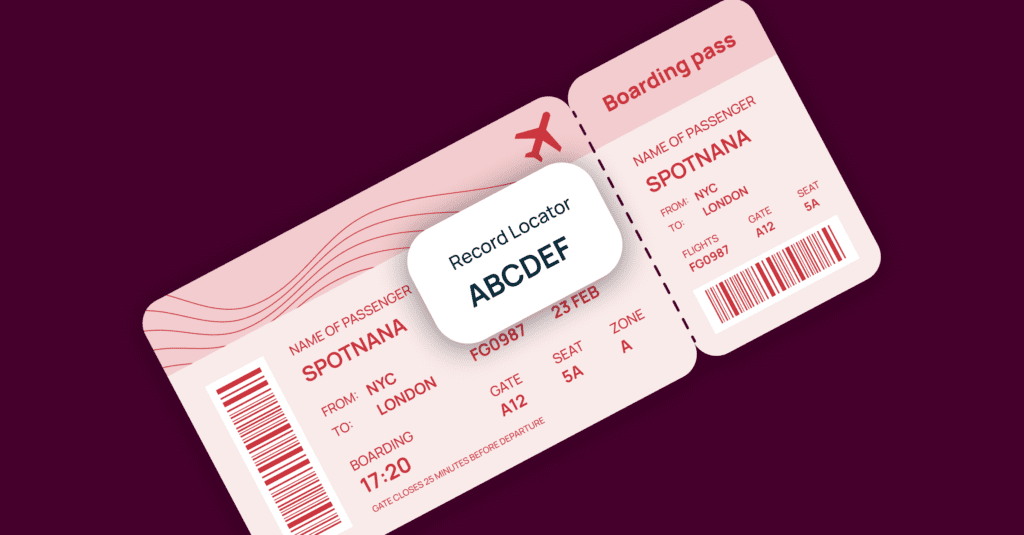What Is Duty of Care in Travel?

Duty of care is a legal responsibility that employers have to ensure the health, safety, and well-being of their employees at the office and while they are on a business trip. This includes providing a safe working environment, protecting employees from potential harm, and taking steps to mitigate risks.
In the context of business travel, duty of care requires employers to take steps to ensure the safety of their employees while they are away from the office, whether they are traveling domestically or internationally.
Companies must have policies in place to ensure that employees are aware of potential risks and know how to respond in emergency situations. This includes providing employees with information about the destination, such as potential health risks or political instability, and ensuring that employees have access to emergency assistance while they are away from the office.
In some cases, employers may be required to provide employees with insurance coverage for medical emergencies, depending on a traveler’s destination.
Duty of care in business travel has become increasingly important. As corporate travel has ramped back up compared to the heights of the pandemic, more employees are traveling for work. In order to keep these employees safe, employers must take precautionary steps to protect them from risks. These risks include:
- Safety risks
- Geopolitical events
- Natural disasters
- Transportation disruptions
- Discrimination
- Unsafe food and beverage
By taking a proactive approach to duty of care, employers can help to protect their employees and mitigate risks, while also ensuring that their business is able to operate effectively in a globalized economy.
Are there differences in duty of care regulations by country?
Duty of care laws in the United States and Europe have similarities, but there are also some key differences. In the United States, the Occupational Safety and Health Act (OSHA) sets the standard for employers to provide a safe working environment for employees. This includes protecting employees from hazards and ensuring that they are properly trained to handle any risks that may be present. Additionally, employers are required to report any workplace injuries or illnesses to OSHA.
In contrast, European Union countries have a more comprehensive approach to duty of care laws. The EU’s Health and Safety at Work Directive requires employers to conduct risk assessments and provide safe working conditions for employees. Employers are also required to provide employees with information and training on health and safety risks as well as report any incidents to the relevant authorities. Additionally, EU countries have specific laws that regulate working conditions and safety, such as the UK’s Health and Safety at Work Act, which is considered one of the most stringent laws in Europe.
Another key difference is that in the United States, the responsibility for ensuring safety in the workplace is primarily on the employer, whereas in the EU, it is shared between the employer, the employee, and the government. This means that in the EU, employees have a greater responsibility to be aware of the risks and contribute to the safety of the workplace. In addition, EU law also requires employers to consult with workers on health and safety matters and set up safety representatives and committees in certain circumstances.
Companies may also choose to ensure their travel program is compliant with risk management standards like ISO 31030. Developing a travel risk management plan can help travel managers better understand the limitations of their program to address with a more robust travel management platform.
Duty of care: A modern approach
It’s essential for companies that engage in corporate travel to have a modern business travel platform to meet their duty of care obligations. These obligations include:
- Health safety and visa requirements
- Location tracking and communication
- Reporting and compliance
Learn more about how a modern travel management platform like Spotnana can help in each of these areas below.
Health safety and visa requirements
A modern travel management platform can provide employees with safety and security information and guidelines, which helps ensure they are aware of risks and know how to respond in emergency situations.
Modern platforms like Spotnana integrate with both visa and security service providers to ensure travelers know how to prepare and what to expect on their trips.
Location tracking and communication
One of the most important features of a modern business travel platform is the ability to track and monitor the location of employees in real-time. This allows companies to quickly and easily identify and respond to any potential risks or emergency situations. Spotnana features a Live Map that displays the location of all company travelers along with data on past and upcoming trips.
In addition, administrators and travel agents can directly contact travelers with one-click if necessary, while travelers have easy access to 24/7 assistance from travel agents if they need help.
Reporting and compliance
A modern business travel platform can also help companies to manage and monitor their compliance with duty of care regulations. This includes providing real-time reports on employee travel when an employee is traveling to a high-risk destination. Since regulations vary by country, understanding the impact of international travel on your business is vital.
Simplified corporate travel safety
Duty of care features provided by modern corporate travel platforms like Spotnana provide companies with a comprehensive solution for meeting their duty of care obligations and ensuring the safety and well-being of their employees while they are on the road.
Want to find out more about how Spotnana can boost your duty of care efforts? Get a demo today.






